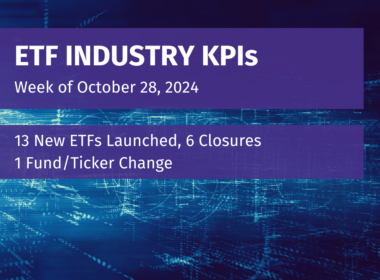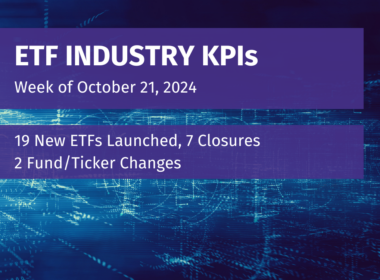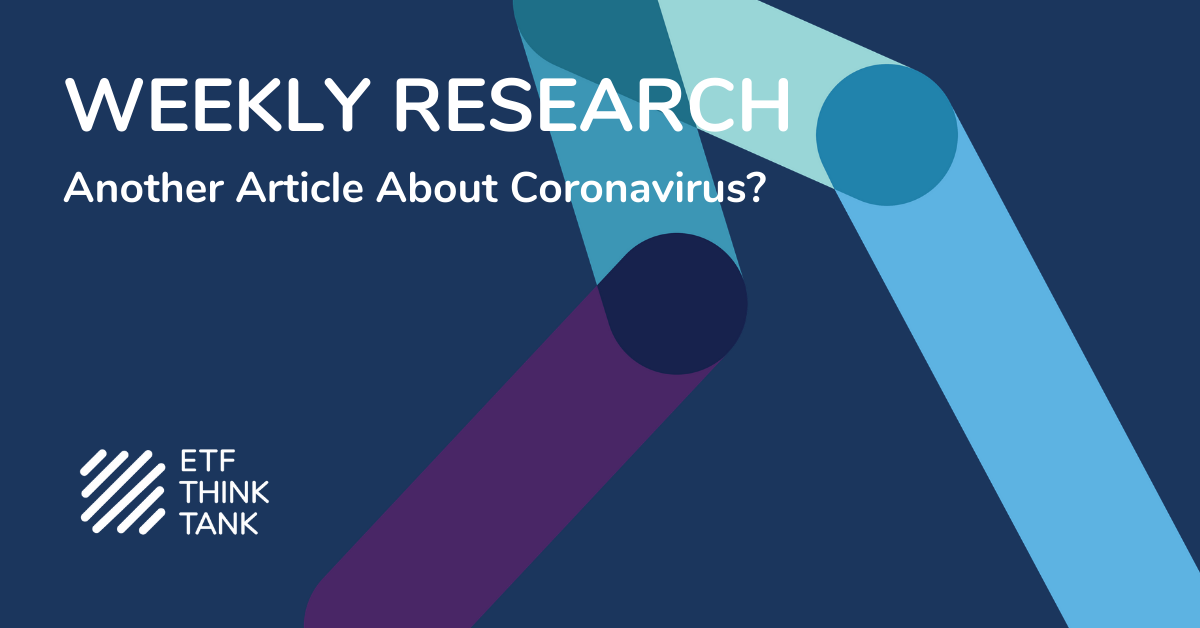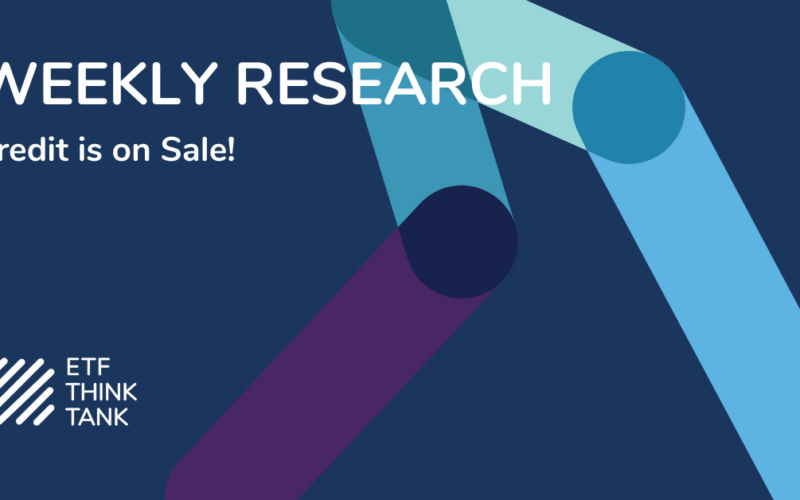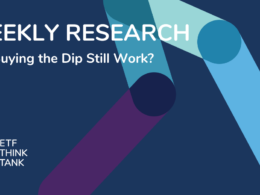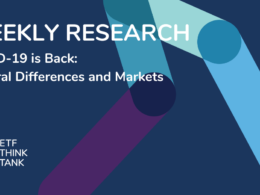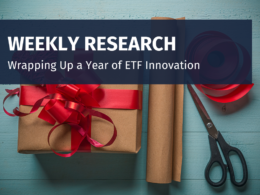Our View on the Market Impact of Covid-19, Welcome Michael Gayed
Our ETF Think Tank members have been peppered by emails about the virus and the volatile market impact. We will provide some of our insight but first, we want to welcome Michael Gayed and his Rotation strategy to Toroso, and as a contributor to the ETF Think Tank. His strategy employs an award-winning approach that utilizes ETFs to navigate the markets with risk-on/risk-off signals. The strategy signals went to risk-off on January 27th. To learn more please see the press release or register for our conference call being held March 12th.
The Corona-Volrus
Now on to the volatility, unfortunately it is probably not over. The human health impact of the coronavirus is evolving, frightening and to some degree unknown. None of our contributors are medical professionals, so we will avoid commenting further on this human impact other than to say stay safe and wash your hands. The market impact is a little clearer. This statement from the United Nations says it all:
“Ultimately, the economic impact of this virus depends on the measures that countries apply to contain the virus. … So, planned closures, restriction to movement of people, which were all necessary; but there is an economic effect when you take those measures.â€
Essentially, the economic impact is a direct result of solving the health concern. Governments, corporations and the general public must slow physical interaction, commerce and business in order to slow the spread of the virus. This necessary response must ultimately disrupt the economy.
Dry Tinder
For months we have expressed concerns over the frothy valuations of US equities from traditional metrics like margin expansion and non-traditional metrics like NY Real-estate backlogs. We have been referring to this condition in US market valuations as “Dry Tinder” and it appears the coronavirus is a lit match. The ETF Think Tank hosted a webinar about this subject in early February, a replay of which is available to members that login to the events section.

Putting Out the Fire
So, what’s next? We have had a violent market downturn, which will likely be followed by directionless volatility while the supply chain, consumer and general health concerns are resolved. The emergence of clarity on the public health condition will reduce panic and economic impact. Then, volatility will subside and, theoretically, the capital markets will return to some version of efficiency and growth but from valuations that are much more reasonable. This crisis is not the end of normal markets but quite possibly the catalyst that brings sobriety, reality and a return to thoughtful valuation. When? If we knew exactly when and how, we would be writing from a tropical paradise instead of an office on a Saturday. That said we did want to share a detailed article from Harvard Business Review which outlines scenarios for recovery:

A Silver Lining?
We have heard anecdotal examples of the positive changes in human behavior in response to the virus-crisis. Our team likes to say “there is new bull market in hygiene”. Also, epidemics spark innovation in biotech and commerce; the SARS outbreak is often sighted as a catalyst for ecommerce in China. Finally, the article below shows the effect containment has had on pollution. Clearly, we understand the serious threat the coronavirus poses to health and the economy, but our ETF Think Tank contributors are here to discuss alternative ways of evaluating the markets.





